Inca Trail 2024: The New Porter Law The Inca Trail is considered one of the best hiking routes in the world. Walking 46 kilometers, visiting different Inca archaeological sites, surrounded by diverse flora and fauna to reach the Inca citadel of Machu Picchu, is undoubtedly a unique experience, perfect for adventure, history, and culture enthusiasts. According to the chronicler Juan de Betanzos, this trail was built during the reign of Inca Pachacutec over 500 years ago and was used in ancient times for the transportation of people, food, and military journeys.
However, it is necessary to mention that currently, the use of pack animals is prohibited to hike this trail. This means that to cover all kilometers of the Inca Trail, the assistance of porters is essential. They facilitate the transport of equipment and camp management.
In this regard, we will discuss the importance of porters on the Inca Trail and also reflect on the new porter law approved by the Peruvian government in November 2022, which aims to protect and guarantee their labor rights.
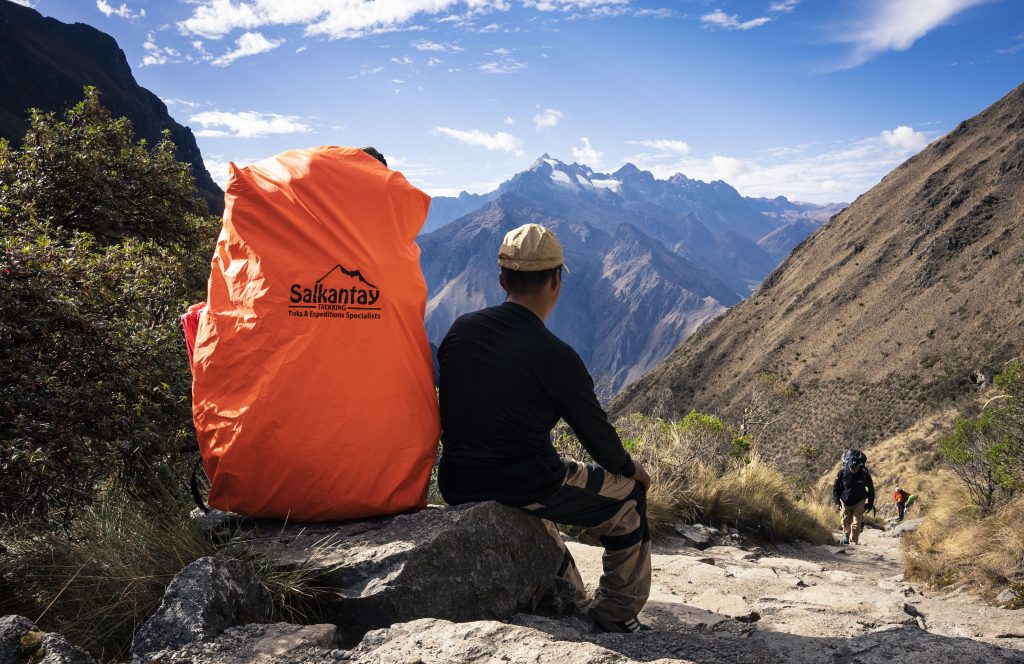
Who are the porters of the Inca Trail?
Porters are individuals who, with their own bodies and physical effort, dedicate themselves to transporting heavy equipment for visitors and tourism agencies, such as tents, kitchen equipment, supplies, backpacks, and more. They also manage all the necessary equipment to set up and enjoy the camps.
They come from highland areas to the Inca citadel, speak the Quechua and Spanish languages, and have extensive knowledge of the area and its history. Their work is the most important and demanding on the Inca Trail, which generates admiration among visitors and is compared to the work performed by the “chasquis,” who were messengers of the Inca, covering great distances to deliver messages or any type of article, moving swiftly along the Inca trail network.
It is important to note that the spirit of this article is based on the book and documentary of “Gregorio Condori Mamani” by anthropologists Ricardo Valderrama Escalante, Carmen Escalante Gutierrez, and Cusco filmmaker Jorge Luis Yabar. They autobiographically described the reality and conditions in which the porter Gregorio Condor Mamani lived in the 1970s in Cusco. Both works showed that porters in Cusco, also called porteadors, were surrounded by inequality, unfair treatment, and lacked protection of their rights. Besides carrying loads, they carried shadows and stories of others on their backs.
Therefore, it is essential to understand the importance of the porter’s work and their reality, which must be safeguarded and protected through legal means. In this article, we will describe key aspects of the new porter worker law.
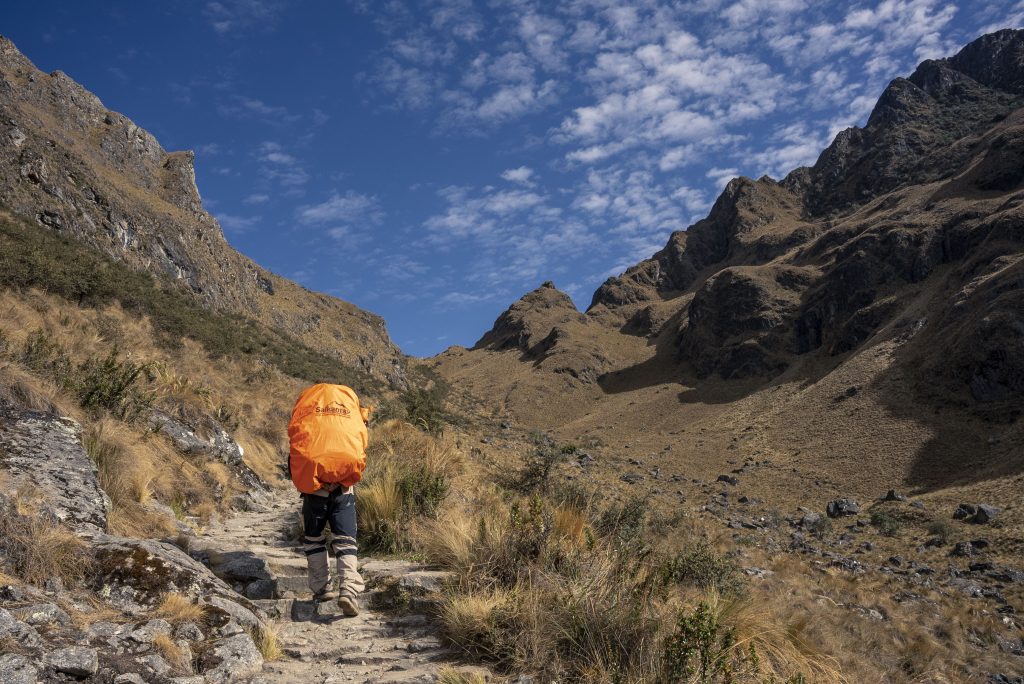
Key Aspects of Law No. 31624 for Porter Workers
- Employment Relationship Porters are subordinated to their employer, which in this case is a tourism company or agency, under private labor regulations, to provide cargo transport services on a permanent but discontinuous basis.
- Age The minimum age for porters is proposed to be 18 years old, no longer 16, to establish minimum standards for safety and health at work. There is a weight limit of 20 kilograms for men.
- Working Hours The porter’s working hours on the Inca Trail consist of a maximum of 48 hours per week, with 5 days of rest between shifts.
- Working Conditions Porters have the right to minimum labor conditions, such as:
- Provision of nutritious meals, appropriate clothing, and suitable equipment, including lumbar support belts, overnight items, and adequate rest and care, all of which must be provided by the tourism operator.
- They must have supplementary insurance for work-related risks, which must be guaranteed by their tourism operator.
- The load limit is up to 20 kg for males and 15 kg for females.
- Rest periods must ensure the worker’s recovery to prevent fatigue accumulation.
- Overnight stays should take place in suitable indoor environments during overnight service days to ensure the worker’s well-being and safety.
- Porter Responsibilities Porters must be available to the employer from the beginning to the end of the expedition. They should also use appropriate attire and protective equipment to transport the assigned cargo under the conditions specified in the regulations.
- Remuneration Porters must receive a single payment of no less than 3% of a UIT (Tax Unit) per day, equivalent to S/138 soles per daily shift. Additionally, those who perform cooking duties will receive an additional 30% of the minimum remuneration. Overtime hours beyond the 48-hour weekly shift are paid.
- Protection of Fundamental Labor Rights Porters’ work activities must respect fundamental labor rights. They engage in their activities with equal opportunities and without discrimination. The right to freedom of work and collective rights must be respected, and the hiring of individuals under 18 years of age is prohibited.
- Risky Activity The work performed by porters is considered a risky activity. Therefore, travel companies and tourism agencies are responsible for providing supplementary risk work insurance (STCR) for the duration of the shift.
- Safety and Health at Work Travel companies or tourism agencies are obligated to guarantee and implement safety and health measures at work, assessing physical, psychological, and geographical conditions. The national authority with direct competence in the areas where these activities take place is responsible for enforcing this provision.
- National Registry of Porter Workers National porter organizations, properly registered and established, will create and implement the Porter Workers Registry.
- Other Provisions Overnight stays must occur in appropriate environments. Porters must have the necessary equipment and clothing. The Ministry of Culture allows porters to enter the Inca Trail network for free, just as public employees do, as long as it is for the purpose of providing their services.

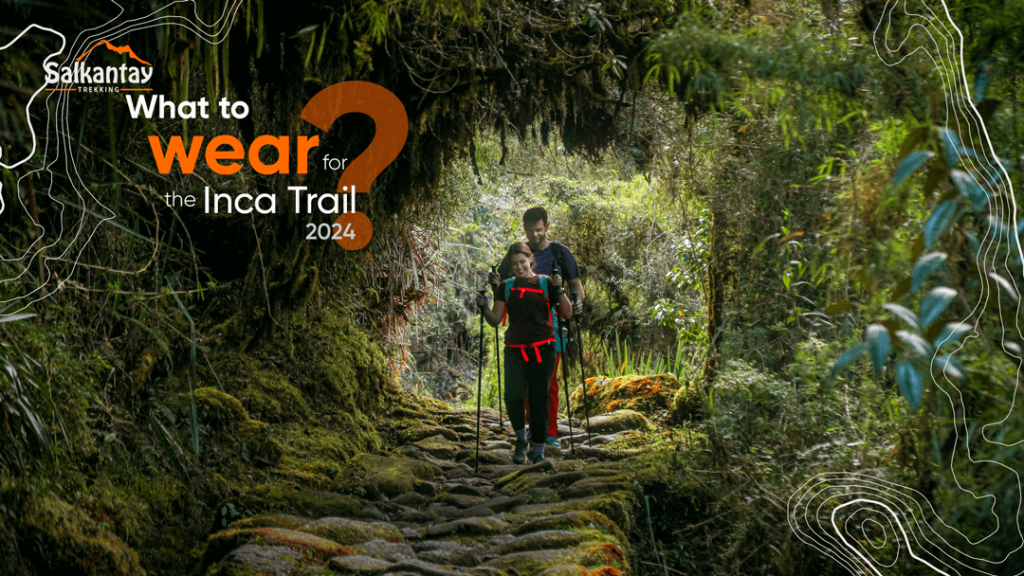
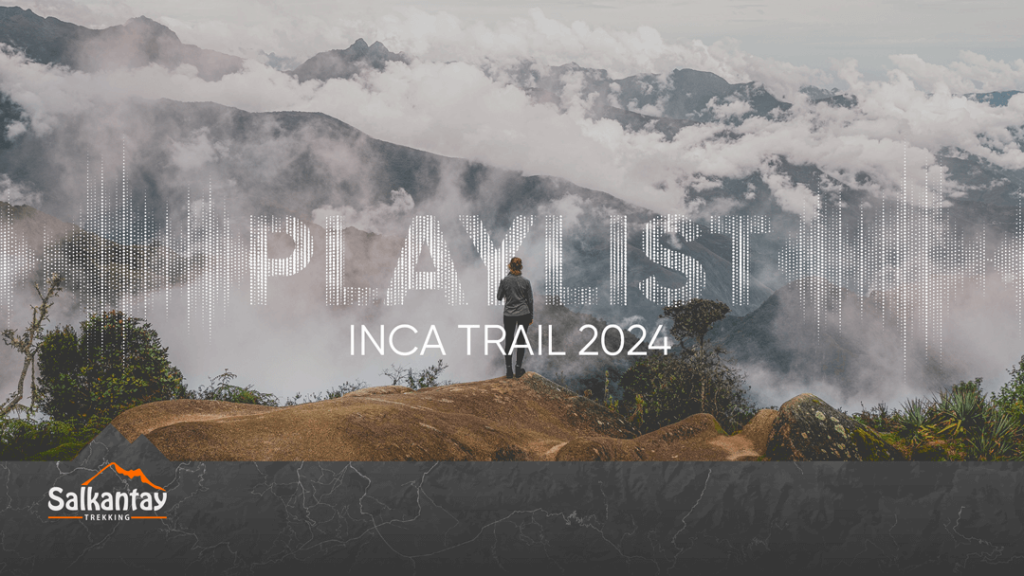
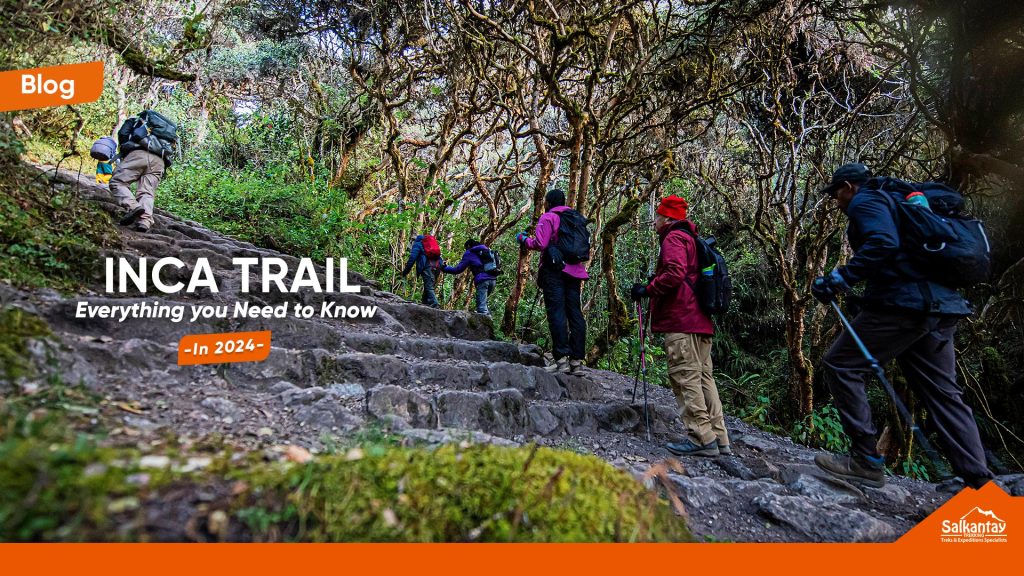
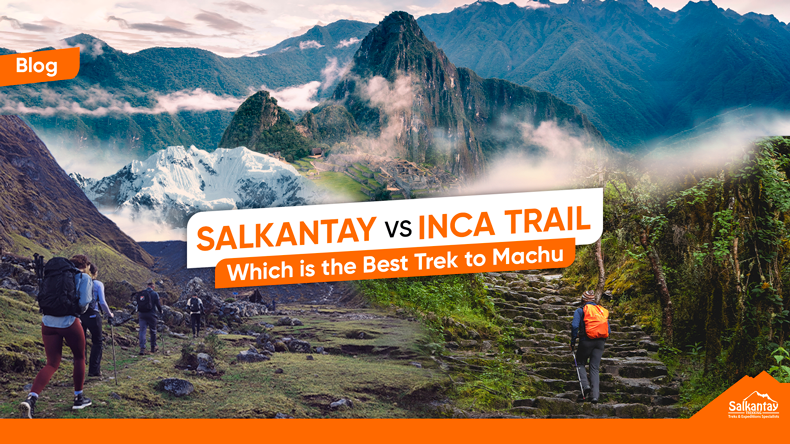

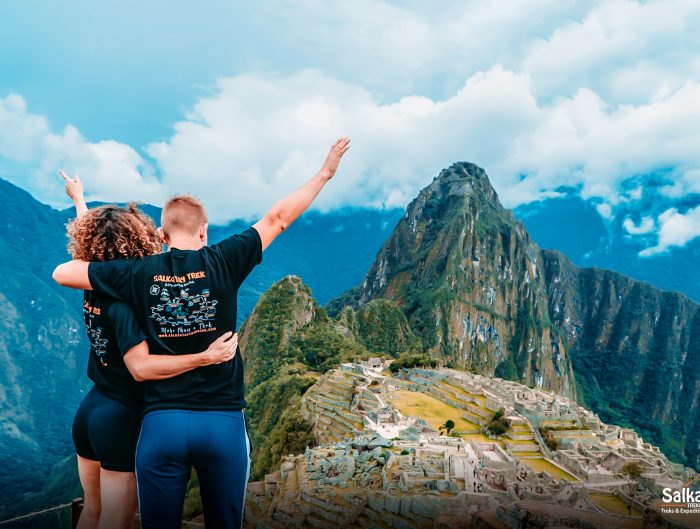

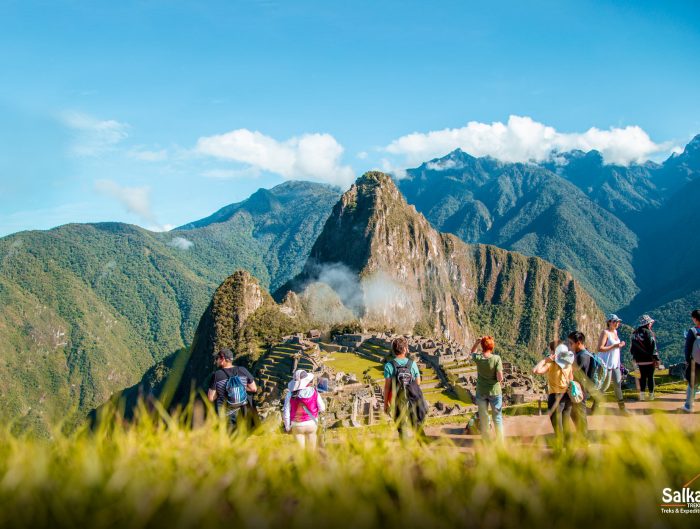
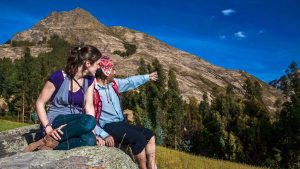

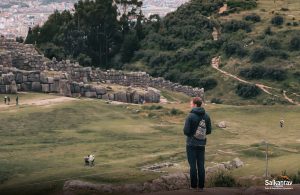







Leave A Reply